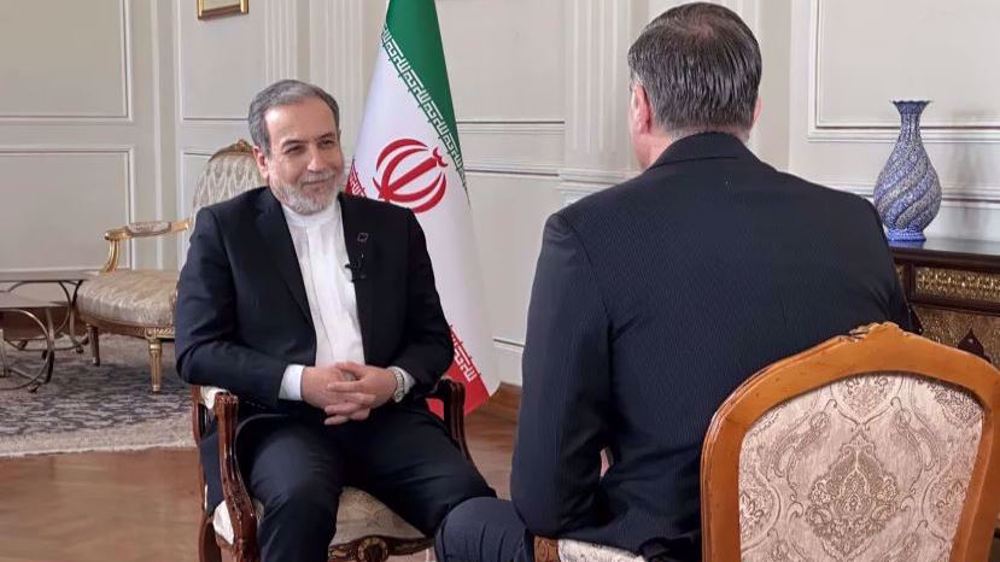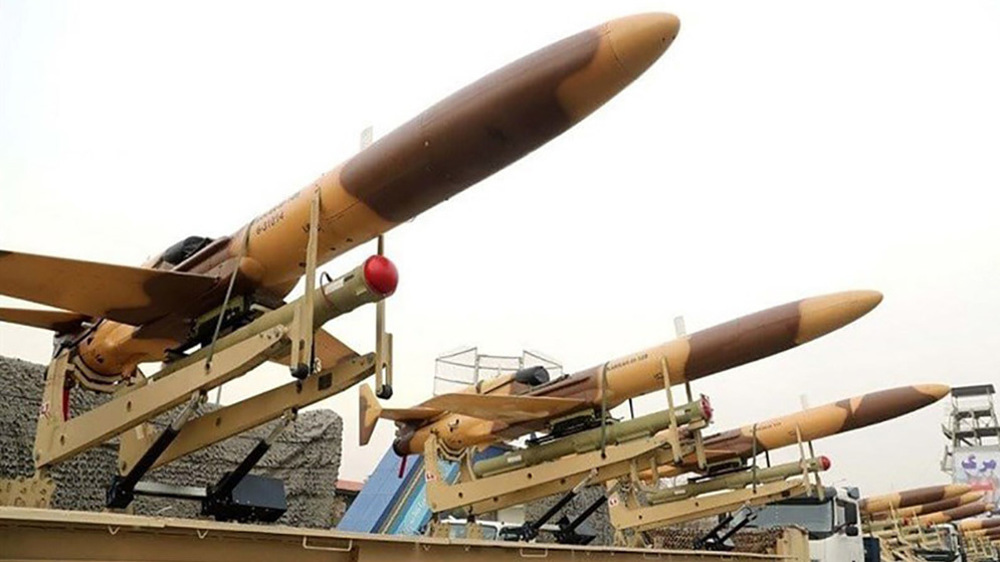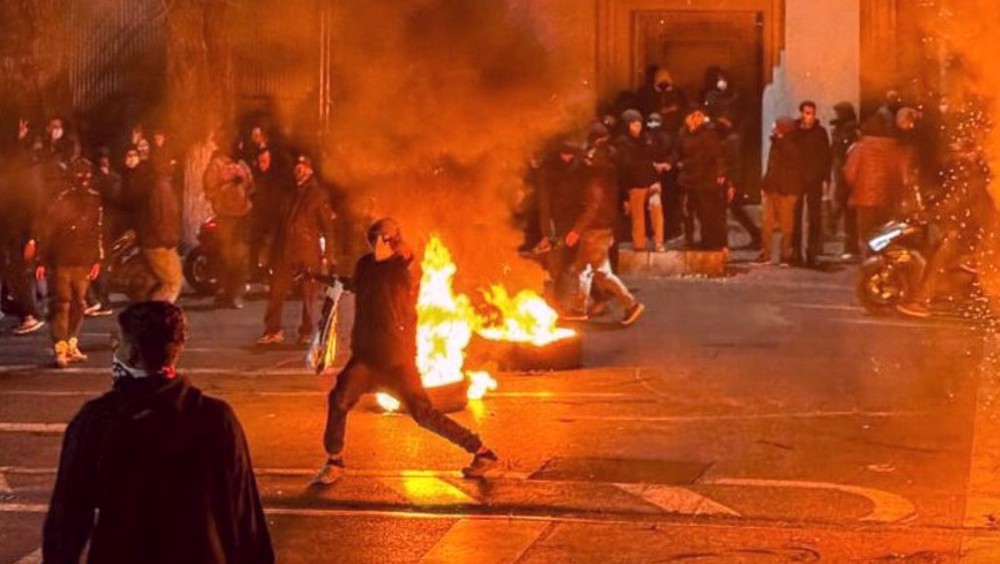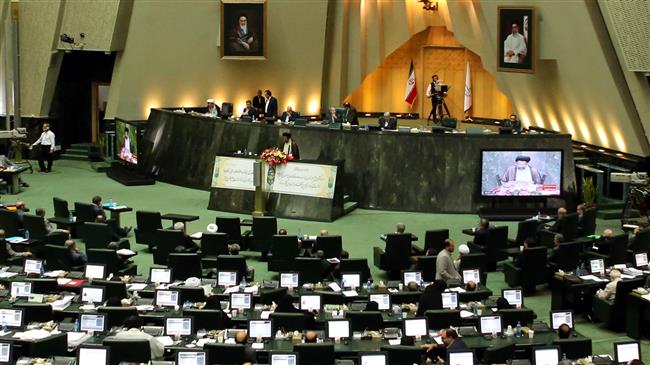No point for Iran to get into another deal with West: Analyst
The Iranian people have already tried and tested engaging in negotiation with the West and now have come to the conclusion that there is no point for them to get into another deal as the previous one failed to bear fruit, a political analyst says.
Sam Mahdi Torabi, the director of the Resalat Strategic Studies Institute of Qom, made the comments during Press TV’s The Debate program, which was aired on Wednesday night.
“The majority of Iranians believe we went through this process, we had this experience. … This process is now complete; it has been tried and tested empirically on the ground. The Europeans and Americans did not live up to the agreement; so there is no point for us to try and go into another agreement that’s going to be broken by them,” Torabi said in criticism of those who defend negotiations with the incoming US administration.
In comments on Nov. 24, Leader of the Islamic Revolution Ayatollah Seyyed Ali Khamenei had noted that Iran “tried the path of [having] the sanctions lifted once and negotiated for several years [to that effect], but it produced no results.”
In his Wednesday interview with Press TV, Torabi also touched upon the Iranian Parliament’s bill that obliges the government of President Hassan Rouhani to prevent international inspectors from accessing Iranian sites if the US administration fails to lift the sanctions in a matter of two months.
Torabi said it is “completely normal in a vibrant constitutional state like the Islamic Republic” that there is a difference of opinion between the Parliament and the Rouhani administration regarding the issue, but none of the two has the final say.
“We have the Supreme National Security Council (SNSC), which is the place where all these debates are brought together, all the branches of the government – the executive, the legislature, and the judiciary … It is debated and discussed in the SNSC and then the SNSC makes the decision. And then the final word on all these strategic matters of course belongs to the Leader of Islamic Revolution,” he noted.
The analyst argued that all of the measures that the Parliament has obliged the government to do are legal as per the JCPOA.
“The JCPOA is not an agreement in which Iran has made any promise to end everything. All the steps that Iran has taken since the non-implementation of the JCPOA by the Europeans and when the Americans left have happened within the framework of the rules that governed the JCPOA,” he added.
Farhang Jahanpour, an Iranian academic and political analyst from Oxford who also talked to The Debate program on Wednesday, said “it is the right of the Parliament to challenge the government, to ask questions, to put forward different ideas, but provided they don’t impede the government from acting in the best interests of a country.”
He said “Iran should not fall into the trap of those who wish to make the country take some provocative action which would then justify further military action against Iran.”
“Iran has shown in the past that it can act in a strategic, considered, measured way to these provocations and I hope they would do the same this time too.”
He also pointed to the recent assassination of Iranian nuclear scientist Mohsen Fakhrizadeh, which is said to have accelerated the Parliament’s ratification of the controversial bill, and said Iran should not let that incident impact its diplomatic efforts.
“Assassination of Fakhrizadeh is a separate matter. Iran must deal with it, but it can better deal with it if it has friends in the West and the US. But it does not and should not interfere with the JCPOA,” he argued.
He said Iran and the US, through the assistance of a third party, must return to the 2015 deal and their commitments, and then they have a lot of issues to deal with. Both countries have many complaints against each other. Once they have returned to the deal, they can discuss all those issues. “Any rash action … must be avoided,” he added.
In similar comments on Saturday, President Rouhani had promised that Iran would not fall into the Israeli trap, and will respond to Fakhrizadeh’s assassination in an appropriate time.
“Our people are wise enough not to fall in the trap of the Zionists’ conspiracy. They are thinking of creating chaos and unrest, but they should know that we have already read their hands and that they will not succeed in achieving their evil objectives,” Rouhani told a cabinet meeting.
The remarks came a day after Fakhrizadeh, a professor of physics at Imam Hussein University who headed the Iranian Defense Ministry's Organization of Defensive Innovation and Research (SPND), was assassinated while traveling near Absard city in Tehran Province's eastern Damavand county in an attack that also involved a car bombing.
The president stressed that “the Iranian nation and the officials of the country are more courageous and zealous than to leave this criminal act unanswered, and that the relevant officials will respond to the crime in due time.”
Russia warns foreign intervention in Ukraine will be treated as "direct threat"
MSF chief warns Israeli ban on Gaza operations will be 'catastrophic' for millions
‘No illegal demands’: Shamkhani says US talks may bear fruit if respect, logic shown
VIDEO | Iran prepared for both scenarios: Talks or self-defense
Russia slams ‘unacceptable’ US pressure on Cuba as Trump seeks oil cutoff
Epstein advised ex-Israeli PM Ehud Barak to cooperate with US AI firm Palantir
Iran, US to hold nuclear talks in Istanbul: Report
Israeli strikes kill at least one, injure several people in south Lebanon












 This makes it easy to access the Press TV website
This makes it easy to access the Press TV website